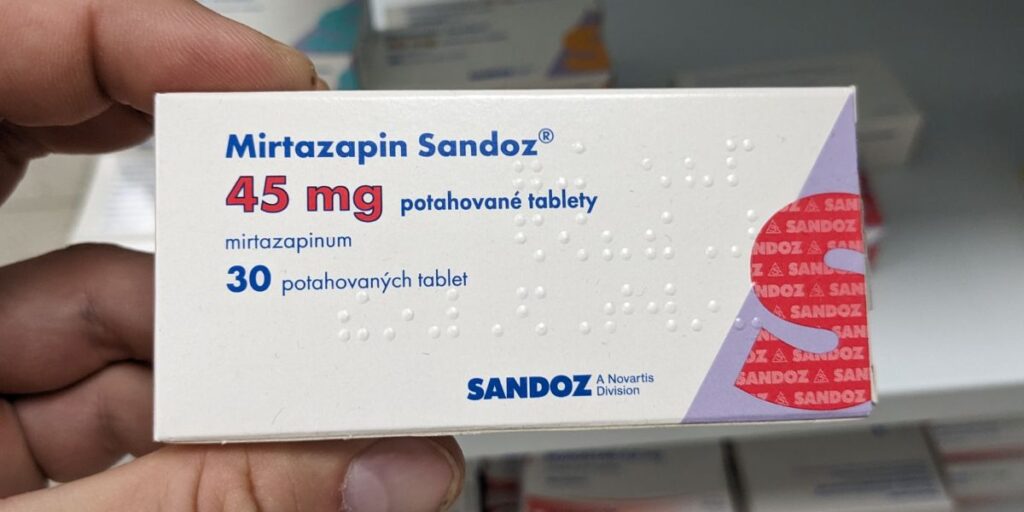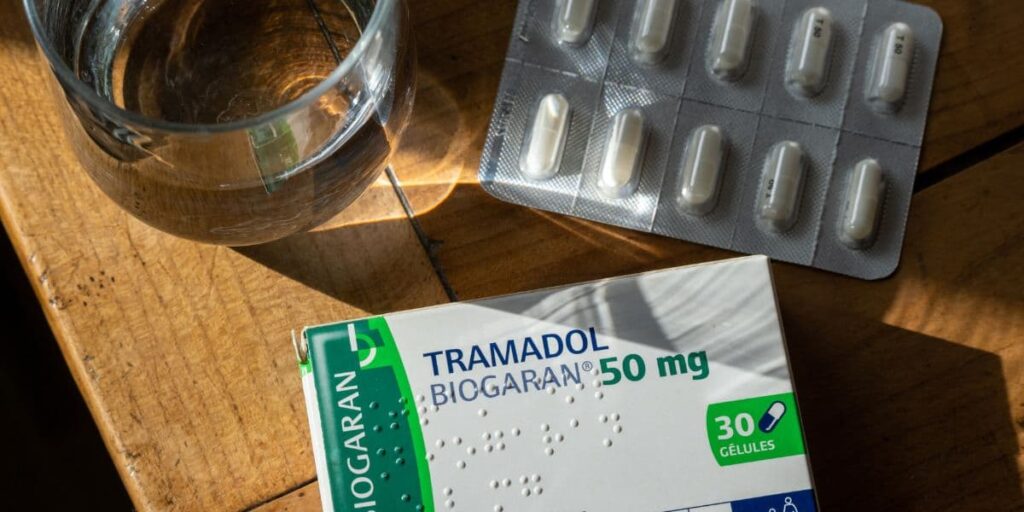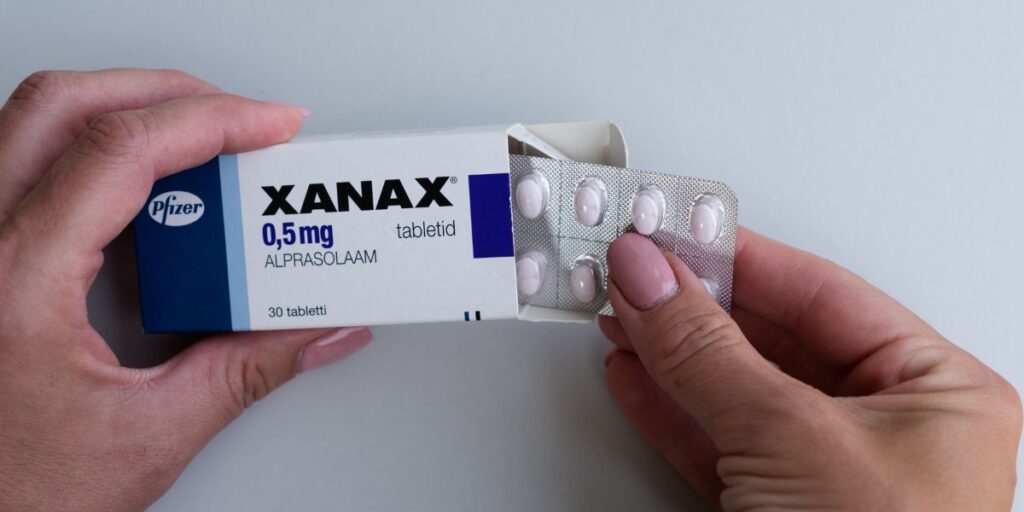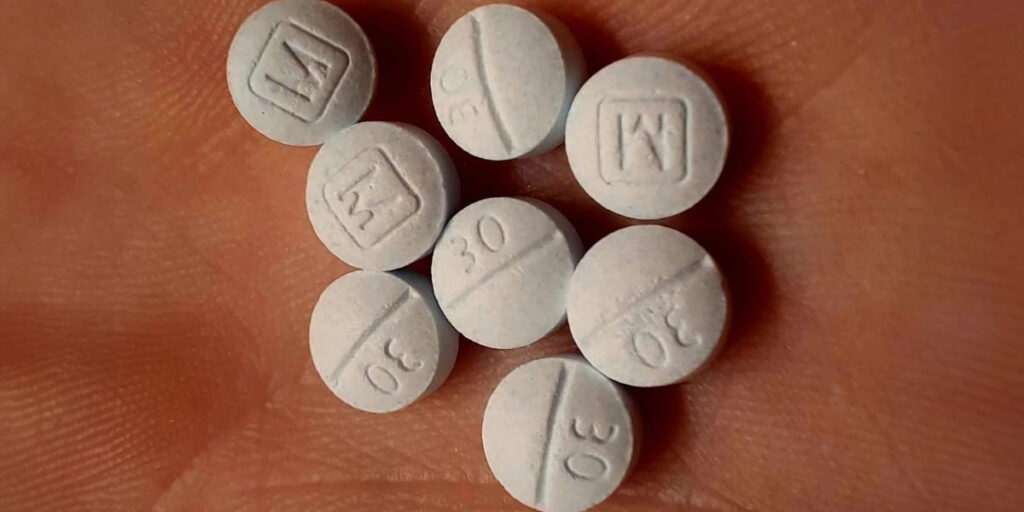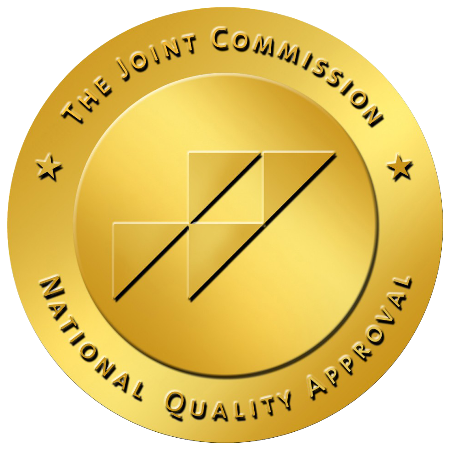Methocarbamol, known by the brand name Robaxin, is a prescription medication often used to manage discomfort associated with acute skeletal muscle conditions, such as muscle spasms and injuries. While methocarbamol is not classified as a controlled substance, it can still be misused, leading to potential abuse and addiction.
What Is Methocarbamol?
Methocarbamol is a central nervous system (CNS) depressant that functions primarily as a muscle relaxant. It is commonly prescribed to alleviate muscle pain and discomfort by blocking nerve impulses sent to the brain. This drug is often used in conjunction with rest, physical therapy, and other treatments to relieve pain from muscle injuries, spasms, and strains. Unlike narcotics, methocarbamol does not directly target pain but instead works by decreasing the central nervous system’s activity, leading to reduced muscle spasms.
Methocarbamol tablets are available and can also be administered intravenously or intramuscularly in a clinical setting. It is typically prescribed for short-term use, as its effectiveness can decrease with prolonged use. This drug is particularly useful in treating back pain, neck pain, and other musculoskeletal disorders. However, because of its CNS depressant properties, there is a risk of developing tolerance, dependence, and potential misuse.
Short-Term Effects of Robaxin
Robaxin primarily aims to provide short-term relief from muscle spasms and discomfort. The drug’s muscle relaxant effects help patients manage acute musculoskeletal pain, which can be particularly debilitating. Robaxin reduces muscle stiffness and pain, making it easier for patients to do physical therapy and other recovery activities.
Despite these benefits, methocarbamol can cause several short-term side effects. Common issues include dizziness, drowsiness, nausea, and blurred vision. These side effects are often mild and diminish as the body acclimates to the medication. Still, some people may experience stronger effects, especially if they are sensitive to CNS depressants or taking higher doses.
Sometimes, users may feel a slight sense of happiness because of the drug’s calming effects, which slow down brain activity and relax the mind. This feeling can cause problems.
People may begin to use the drug to relax. This is not its intended medical purpose. Additionally, the sedative effects of methocarbamol can impair cognitive and motor functions, making activities such as driving dangerous.

Side Effects of Methocarbamol
Methocarbamol can have different side effects depending on the dosage and how a person reacts to it. These side effects can range from mild to severe.
Common side effects include:
- Dizziness and Drowsiness: Methocarbamol’s sedative properties can impair coordination and alertness, increasing the risk of accidents, especially in activities requiring full attention, like driving.
- Nausea and Vomiting: Gastrointestinal disturbances are common and often manageable by taking the medication with food or adjusting the dosage.
- Blurred Vision: Some patients may experience visual disturbances, leading to discomfort and difficulty focusing.
- Headache: While not common, headaches can occur and may vary in intensity.
- Low Blood Pressure: Methocarbamol can cause hypotension, leading to symptoms such as lightheadedness or fainting, particularly when changing positions quickly.
More severe adverse effects, though less common, may include severe allergic reactions, seizures, trouble breathing, and even loss of consciousness. These reactions require immediate medical attention. Furthermore, methocarbamol can exacerbate pre-existing medical conditions, such as kidney or liver disease, requiring careful monitoring and dosage adjustments.
People who are taking methocarbamol should be aware of potential side effects. If they experience any negative reactions, they should consult their doctor or pharmacist. Regular check-ins with a doctor can help control risks and ensure medication is used safely and effectively.
Long-Term Effects of Robaxin Addiction
Long-term use of methocarbamol can lead to a range of physical and psychological effects, particularly when the drug is misused or taken in large doses. One of the most significant risks associated with prolonged methocarbamol use is the development of tolerance, which means that higher doses are needed to achieve the same effects. This can lead to abuse and addiction.
The long-term effects of Robaxin addiction include:
- Memory loss
- Difficulty concentrating
- Mood swings
- Depression
- Anxiety
- Social withdrawal
These mental health conditions can be exacerbated by the drug’s effects on the CNS and the stresses associated with addiction.
Social consequences are also a concern for people struggling with Robaxin addiction. The compulsive use of the drug can lead to strained relationships and a decrease in overall social functioning.
Addiction can be costly. It can also cause legal issues. This makes life harder for someone who is struggling with addiction.
Using methocarbamol for a long time can cause breathing issues. This risk increases when it is taken with alcohol or benzodiazepines.
Both alcohol and benzodiazepines can slow down the central nervous system. This combination can lead to severe respiratory issues, coma, or even death. It’s important only to use methocarbamol as directed by a healthcare professional to avoid serious health problems.
Methocarbamol Withdrawal Symptoms
Withdrawal from methocarbamol can be a challenging process, particularly for people who have developed a physical dependence on the drug. The severity of withdrawal symptoms can vary based on the duration and amount of drug use. Common withdrawal symptoms include:
- Anxiety and Agitation: As the body adjusts to the absence of methocarbamol, people may experience heightened anxiety and irritability.
- Tremors and Muscle Pain: Physical symptoms such as tremors and muscle pain are common as the body struggles to regain normal function without the drug.
- Insomnia: Difficulty sleeping is a frequent complaint during withdrawal, often exacerbating other symptoms like irritability and fatigue.
- Nausea and Vomiting: Gastrointestinal symptoms are common as the body detoxifies and adjusts to the lack of the medication.
- Severe Cases: In severe cases, withdrawal can lead to seizures, hallucinations, and intense mood swings.
Can You Overdose on Methocarbamol?
Methocarbamol has a lower risk of overdose compared to other CNS depressants. Still, a person can overdose if they take it in large amounts or with other substances.
Symptoms of methocarbamol overdose can include:
- Severe Drowsiness: An overdose can result in extreme drowsiness and difficulty staying awake.
- Loss of Consciousness: In severe cases, an overdose can lead to loss of consciousness or a coma.
- Slow or Irregular Heartbeat: Methocarbamol can affect the heart’s rhythm, potentially leading to arrhythmias or cardiac arrest.
- Difficulty Breathing: Respiratory depression is a serious risk, especially when methocarbamol is combined with other CNS depressants.
An overdose of methocarbamol requires immediate medical attention. Treatment typically involves supportive care, including monitoring vital signs and providing respiratory support if needed. In some cases, activated charcoal may be administered to help absorb the drug in the stomach, and intravenous fluids may be used to help flush the drug from the system.
People taking methocarbamol should stick to their prescribed dose. They should also talk to their doctor before making any changes to how they take the medication. Understanding the signs of overdose and knowing when to seek medical help can be life-saving.

Treatment for Robaxin Addiction at Northridge Addiction Treatment Center
For those struggling with Robaxin addiction, seeking professional treatment is a crucial step towards recovery.
Northridge Addiction Treatment Center provides evidence-based, comprehensive treatment programs tailored to the unique needs of people with prescription drug addictions such as methocarbamol dependency or addiction.
Our caring team of professionals supports you throughout every step of your recovery journey— and adjusts your personalized treatment plan according to your progress and immediate needs.
Contact NATC today. Our treatment specialists are eager to get you compassionate, research-based care that fits your needs for meaningful and lasting recovery.




